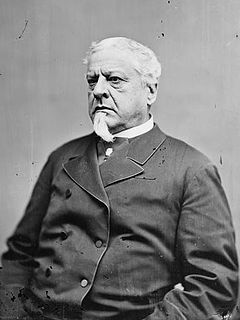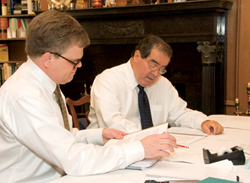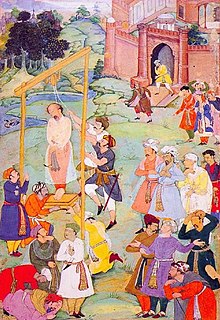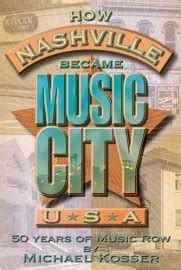A Quote by George Henry Lewes
The selective instinct of the artist tells him when his language should be homely, and when it should be more elevated; and it is precisely in the imperceptible blending of the plain with the ornate that a great writer is distinguished. He uses the simplest phrases without triviality, and the grandest without a suggestion of grandiloquence.
Related Quotes
A physician should take his fee without letting his left hand know what his right is doing; it should be taken without a thought, without a look, without a move of the facial muscles; the true physician should hardly be aware that the last friendly grasp of the hand has been made more precious by the touch of gold
...if you are writing without zest, without gusto, without love, without fun, you are only half a writer. It means you are so busy keeping one eye on the commercial market, or one ear peeled for the avant-garde coterie, that you are not being yourself. You don't even know yourself. For the first thing a writer should be is-- excited. He should be a thing of fevers and enthusiasms.
Words in prose ought to express the intended meaning; if they attract attention to themselves, it is a fault; in the very best styles you read page after page without noticing the medium. Works of imagination should be written in very plain language; the more purely imaginative they are, the more necessary it is to be plain.
A word about 'plain English.' The phrase certainly shouldn't connote drab and dreary language. Actually, plain English is typically quite interesting to read. It's robust and direct-the opposite of gaudy, pretentious language. You achieve plain English when you use the simplest, most straightforward way of expressing an idea. You can still choose interesting words. But you'll avoid fancy ones that have everyday replacements meaning precisely the same thing.
It is of dangerous consequence to represent to man how near he is to the level of beasts, without showing him at the same time his greatness. It is likewise dangerous to let him see his greatness without his meanness. It is more dangerous yet to leave him ignorant of either; but very beneficial that he should be made sensible of both.
The price a world language must be prepared to pay is submission to many different kinds of use. The African writer should aim to use English in a way that brings out his message best without altering the language to the extent that its value as a medium of international exchange will be lost. He should aim at fashioning out an English which is at once universal and able to carry his peculiar experience.
He was a foe without hate; a friend without treachery; a soldier without cruelty; a victor without oppression, and a victim without murmuring. He was a public officer without vices; a private citizen without wrong; a neighbor without reproach; a Christian without hypocrisy, and a man without guile. He was a Caesar, without his ambition; Frederick, without his tyranny; Napoleon, without his selfishness, and Washington, without his reward.
The wise screen writer is he who wears his second-best suit, artistically speaking, and doesn't take things too much to heart. He should have a touch of cynicism, but only a touch. The complete cynic is as useless to Hollywood as he is to himself. He should do the best he can without straining at it. He should be scrupulously honest about his work, but he should not expect scrupulous honesty in return. He won't get it. And when he has had enough, he should say goodbye with a smile, because for all he knows he may want to go back.
That is what diminishes the artist and his song. The artist is now hermetically sealed. The publishing company got him his deal and they expect to profit from his songs. So what if he is a better singer than a songwriter; let's put him in a room with a real songwriter. Something great is bound to come...except very often nothing great comes out of such contrived match-ups. Nobody knows where a great song comes from, and that's why so many writers credit the Lord as a co-writer (though I notice they never offer Him half the writer's royalties) when they come up with a real gem.







































